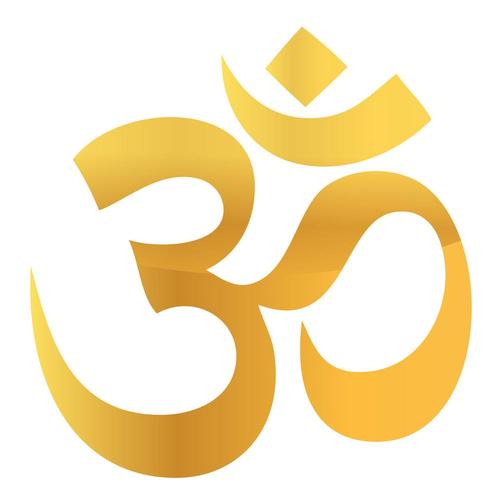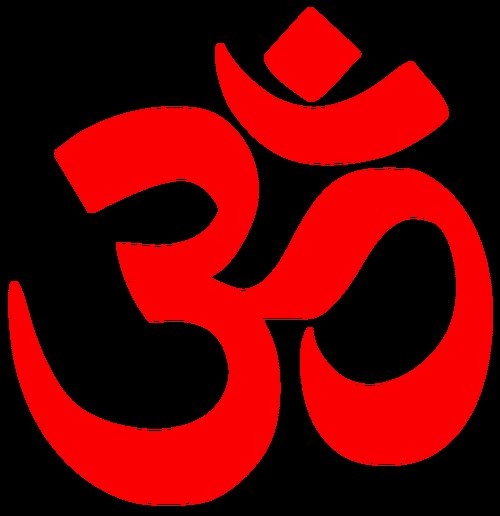Om in Hinduism: A Deep Dive into Its Significance and Rituals
The “Om” is a sacred sound and symbol in Hinduism, representing the ultimate reality and the essence of existence. It is often chanted, meditated upon, and considered to be the foundation of all mantras. In this article, we will explore the various dimensions of the Om in Hinduism, including its origins, significance, rituals, and its role in daily life.
Origins of Om
The Om is believed to be the primordial sound from which the universe emerged. It is often associated with the creation of the world and is considered to be the first sound made by the creator, Brahma. The sound is said to be the essence of all other sounds and is considered to be the universal mantra.

Significance of Om
The Om holds immense significance in Hinduism and is considered to be a powerful tool for spiritual growth and enlightenment. Here are some of the key reasons why Om is so important:
-
It represents the unity of the universe. The Om is said to encompass the entire cosmos, from the smallest atom to the vast expanse of the universe.
-
It is a symbol of the divine. The Om is considered to be the sound of the divine presence and is often chanted during religious ceremonies and rituals.
-
It is a source of spiritual energy. Chanting the Om is believed to activate the chakras and bring about a state of inner peace and tranquility.

-
It is a tool for meditation. The Om is often used as a focal point for meditation, helping practitioners to focus their minds and achieve a state of deep relaxation.
Rituals Involving Om
The Om is an integral part of many Hindu rituals and ceremonies. Here are some of the key rituals where the Om is chanted:
-
Prayer and Meditation: The Om is often chanted at the beginning and end of prayer and meditation sessions. It is believed to purify the mind and prepare the practitioner for spiritual practice.
-
Weddings: The Om is chanted during Hindu weddings to symbolize the union of the couple and the merging of their souls.
-
Funerals: The Om is chanted during Hindu funerals to honor the deceased and to help them transition to the next life.
-
Yajnas: The Om is chanted during yajnas, which are ritualistic ceremonies performed to invoke the divine and seek blessings.
Om in Daily Life
The Om is not just a religious symbol but also a part of daily life for many Hindus. Here are some ways in which the Om is integrated into everyday life:
-
Personal Mantra: Many individuals use the Om as a personal mantra, reciting it throughout the day to stay grounded and connected to their spiritual beliefs.
-
Healing and Wellness: The Om is believed to have healing properties and is often chanted during healing ceremonies and yoga practices.
-
Art and Music: The Om is often featured in Hindu art and music, symbolizing the divine presence and the unity of the universe.
Om in Different Schools of Hinduism
The significance of the Om varies across different schools of Hinduism. Here is a brief overview:
| School of Hinduism | Significance of Om |
|---|---|
| Shaivism | The Om is considered to be the sound of Shiva, the supreme god of destruction and creation. |
| Vaishnavism | The Om is associated with Vishnu, the preserver of the universe, and is considered to be the sound of his divine presence. |
| Shaktism | The Om is considered to be the sound of the divine feminine energy, Shakti, and is a symbol of her power and creativity. |
Conclusion
The Om is a multifaceted symbol in Hindu




